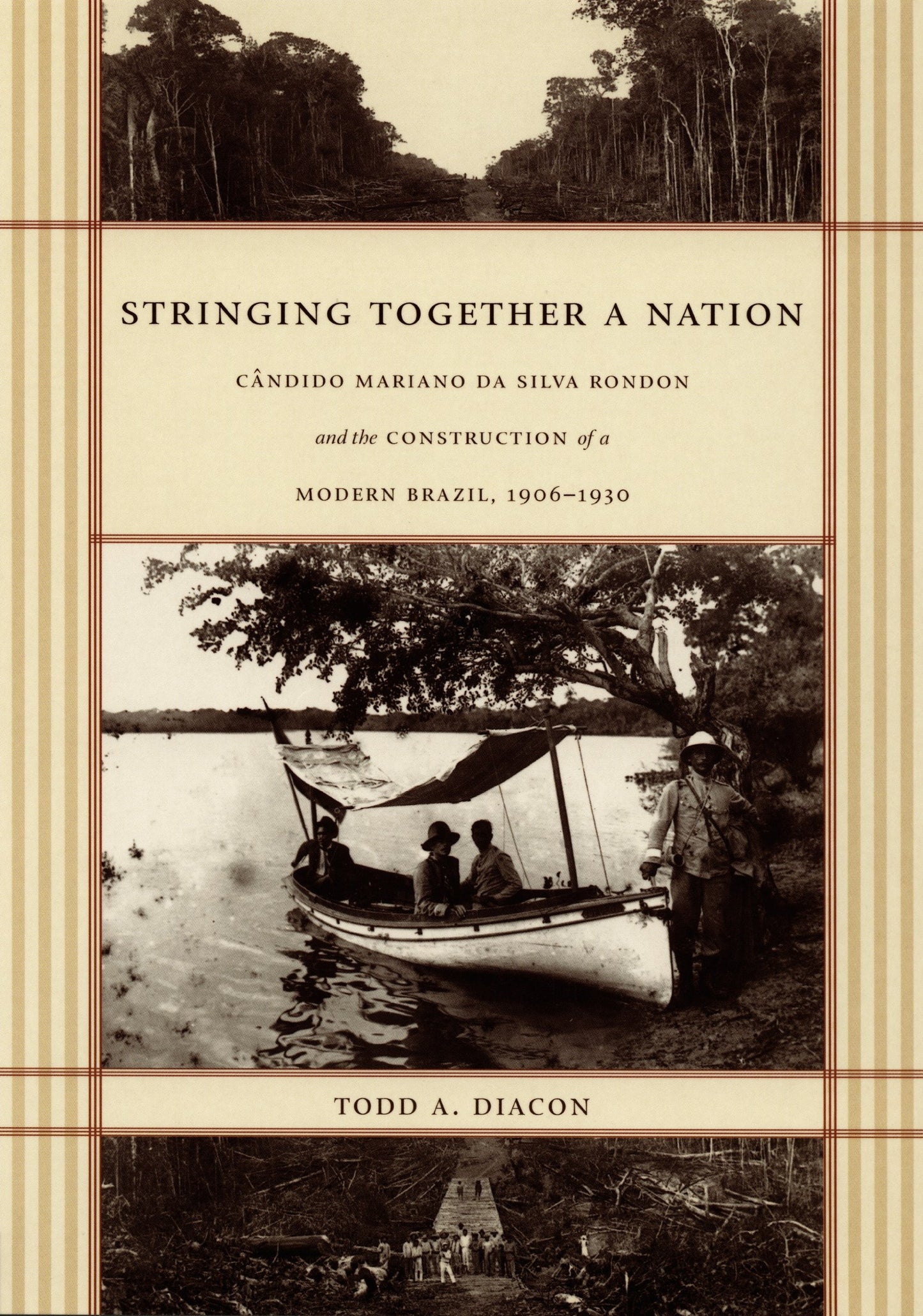Duke University Press
Stringing Together a Nation: Cândido Mariano da Silva Rondon and the Construction of a Modern Brazil, 1906-1930
Couldn't load pickup availability
Title: Stringing Together a Nation: Cândido Mariano da Silva Rondon and the Construction of a Modern Brazil, 1906-1930
Author: Todd A Diacon
American History: 1703285
ISBN: 9780822332497
Publisher: Duke University Press
Published: 2004
Binding: Paperback
Language: English
Edition: 49053rd
Number of Pages: 248
Section: History | Latin America | South America
Condition Note: Excellent, unmarked copy with little wear and tight binding. We ship in recyclable American-made mailers. 100% money-back guarantee on all orders.
Publisher Description: Focusing on one of the most fascinating and debated figures in the history of modern Brazil, Stringing Together a Nation is the first full-length study of the life and career of Cândido Mariano da Silva Rondon (1865-1958) to be published in English. In the early twentieth century, Rondon, a military engineer, led what became known as the Rondon Commission in a massive undertaking: the building of telegraph lines and roads connecting Brazil's vast interior with its coast. Todd A. Diacon describes how, in stringing together a nation with telegraph wire, Rondon attempted to create a unified community of "Brazilians" from a population whose loyalties and identities were much more local and regional in scope. He reveals the work of the Rondon Commission as a crucial exemplar of the issues and intricacies involved in the expansion of central state authority in Brazil and in the construction of a particular kind of Brazilian nation.
Using an impressive array of archival and documentary sources, Diacon chronicles the Rondon Commission's arduous construction of telegraph lines across more than eight hundred miles of the Amazon Basin; its exploration, surveying, and mapping of vast areas of northwest Brazil; and its implementation of policies governing relations between the Brazilian state and indigenous groups. He considers the importance of Positivist philosophy to Rondon's thought, and he highlights the Rondon Commission's significant public relations work on behalf of nation-building efforts. He reflects on the discussions-both contemporaneous and historiographical-that have made Rondon such a fundamental and controversial figure in Brazilian cultural history.

